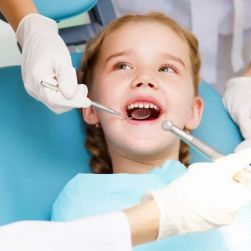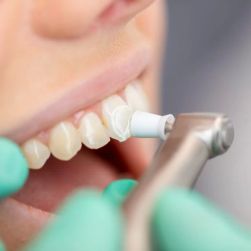Introduction
As people age, oral health care needs become increasingly important and specialized. Elderly individuals, often referred to within dental circles, frequently require dentures or implants due to tooth loss and other age-related conditions. Dentures and implants can significantly improve the quality of life for seniors, providing them with the ability to eat properly, speak clearly, and smile confidently. However, proper maintenance is crucial to ensure their longevity and effectiveness.
The aging population in the United States is rapidly growing, with many seniors turning to dental solutions like dentures and implants. Unfortunately, without appropriate care and knowledge, these solutions may lead to complications such as infections or discomfort. Here’s a comprehensive guide to caring for elderly people’s dentures and implants, aimed at caregivers and family members looking to support their loved ones.
Understanding Dentures and Implants
When caring for elderly individuals with dentures or implants, it's important to understand the differences between these dental appliances.
Providing proper care for these dental solutions helps prevent common problems and ensures they function correctly within the oral cavity.
Daily Cleaning and Maintenance
Regular cleaning of dentures and implants is essential to maintain oral health and appliance longevity. Here are some daily cleaning tips:
Consistently maintaining these practices can help keep oral appliances in proper working condition and preserve oral health.
Signs of Wear and When to Seek Professional Help
Monitoring for signs of wear or discomfort is vital in denture and implant maintenance. Here are some warning indicators:
Consulting with a dental professional is critical when such issues arise to prevent further complications.
Professional Dental Visits
Regular dental check-ups are necessary, even for those with dentures or implants. These visits can help:
Scheduling routine dental appointments will contribute to the overall health and effectiveness of dental appliances.
Nutritional Considerations
Proper nutrition is crucial for those with dentures or implants. Here’s what to keep in mind:
Working with a nutritionist can provide personalized dietary recommendations tailored to individual needs.
Psychosocial Factors
The psychological and social impact of dentures and implants should not be overlooked. They can affect an elderly individual’s self-esteem and social interactions. Here’s how you can help:
Understanding these factors encourages a more empathetic approach to dental care.
Conclusion
Caring for elderly people’s dentures and implants involves understanding the unique needs of these dental accessories, committing to daily maintenance, recognizing problems early, and providing emotional support. Ensuring consistent professional evaluations and emphasizing nutritional health are also vital elements in maintaining effective use and extending their longevity.
Encourage thorough, routine care practices and foster an environment where the elderly feel comfortable addressing their dental health concerns. Ensuring they have access to the necessary care and resources is paramount in promoting their overall health and quality of life.
For comprehensive guidance and more information on oral care for seniors, visit the Dentistry Toothtruth website.






